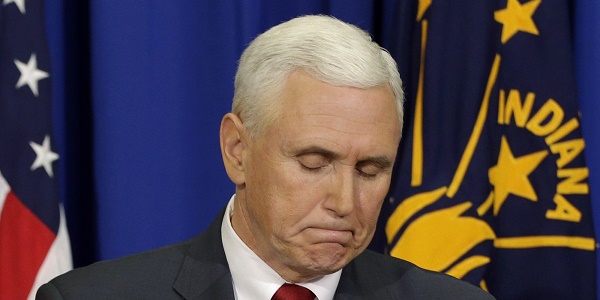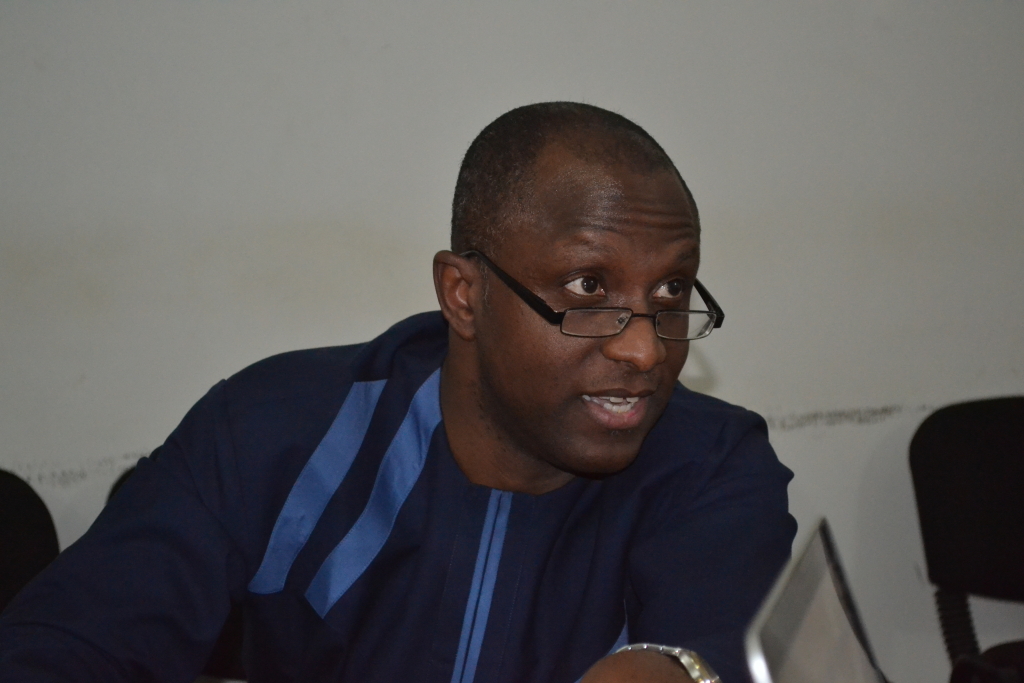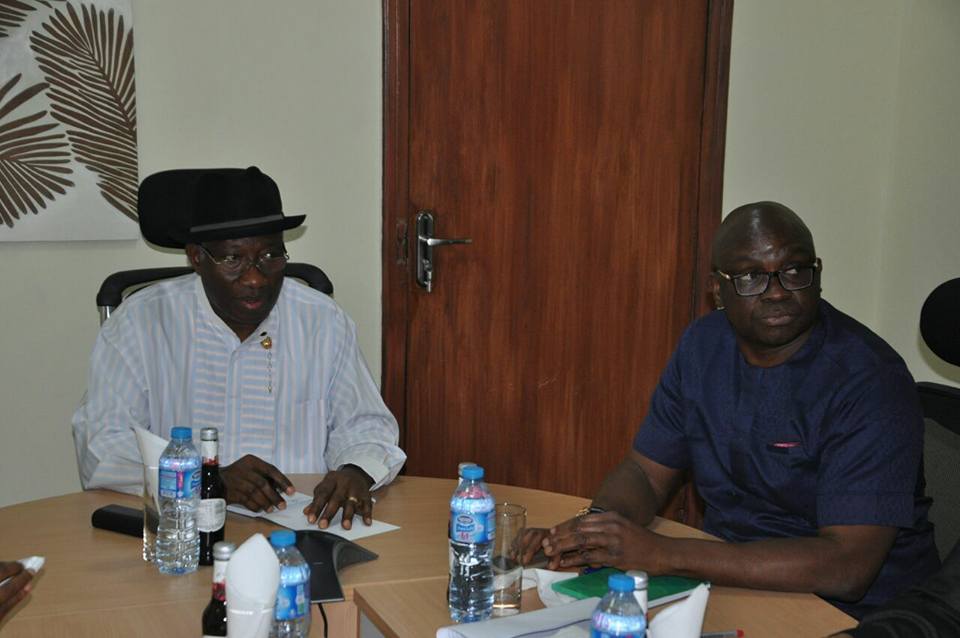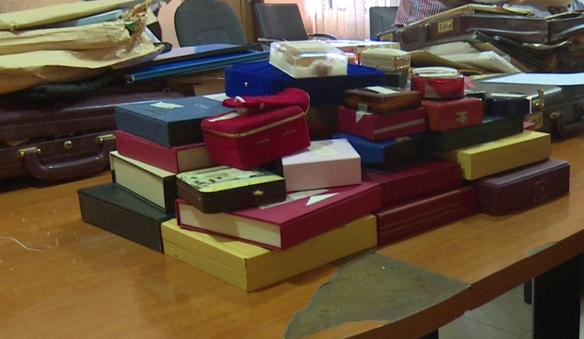A fact well known to almost every man on the street right now is that Nigeria is in dire straits. As such the country requires diverse activities well situated to fuel the economy for a quick recovery from the current quagmire it’s in.
And to address the myriads of problems Nigeria presently faces, suggestions from experts both from within and outside of the country have largely been in favour of aggressive reform of institutions and provision of enabling grounds for suitable hands to deliver viable economic outputs.
Clearly, the need to accentuate and achieve these critical national objectives can be identified in the theme and structure of the just-concluded Nigeria Oil and Gas Conference and Exhibition, famously called NOG. Africa’s leading oil and gas conference which for the past 16 years has been gathering influential operators and relevant stakeholders in the oil and gas sector for development and to deepen business opportunities.
Actually, today’s topic, ‘Fuelling the economy’, was taken from one of NOG’s agenda for this year’s edition. It is a welcome coincidence, you will agree, given the nation’s pressing needs, and the necessity of charting a way forward.
Advertisement
Listed under this agenda by the conference organisers are Nigerians whose operations in the oil and gas industry are deemed germane to the solutions that the Nigerian government seeks in moving quickly out of recession.
Ladi Bada, CEO of Shoreline Natural Resources, Demola Adeyemo-Bero, managing director of First E&P and Taofik Adegbite, chief executive officer of Marine Platforms to mention just a few of the top industry players in attendance, were on hand to offer wider perspectives for a good way forward for Nigeria.
Adegbite’s Marine Platforms is a fascinating case study on how well wholly-indigenous Nigerian companies can perform in demonstrating Nigeria’s local capacity and competence in the technical areas of the oil and gas industry; and at the same time, how difficult it is for most Nigerian companies to keep the momentum of success in a business environment that is full of confusing policies and overlapping regulations.
Advertisement
In the first panel discussion, Adegbite duly affirmed the benefit of the Nigerian Local Content law which he said had provided the legal framework that enabled his company and several others to participate fully in the industry and to help retain in Nigeria billions of dollars that were constantly being repatriated from the country by foreigners due to previous lack of acknowledgment of the capability of Nigerians to take the local jobs available in the sector.
Adegbite therefore attributed the tremendous success made by his company, and the massive contribution his firm is making to the Nigerian economy, to the enactment and operation of a law that serves to empower Nigerian people and the economy.
Conversely, the CEO also shared the pains his firm is facing and unusual resilience being put up by his organisation, and possibly other Nigerian companies to remain virile during this tough moment.
And he admonished the government to tidy up its policies and laws so as to create more opportunities than stumbling blocks.
Advertisement
Interestingly, almost all the speakers on the panel, who were carefully drawn to represent the regulators, legislature and the operators, seemed to agree on the major problems plaguing the industry, and slowing down its gains to the country.
Really, the many paradoxes and contradictions in the Nigerian system deserve an urgent elimination for the country to attain greater heights and for the injection of necessary energy into the economy. Contributions from other members especially from those on the side of the government were disturbing as they confirmed the fears of many on the disruptions and uncertainties in the business atmosphere that were perhaps unwittingly created by the government itself.
Representing the Department of Petroleum Resources (DPR), a major regulator of the industry, in the discussion, Patricia Maseli, expressed frustration on the different means of control of the sector and opined that the various regulatory agencies presently in place need to be streamlined.
Similarly, the head of the Nigerian Content Development and Monitoring Board (NCDMB), the government agency that oversees the local content policy, Simbi Wabote, raised concern on some of the policies affecting quick attainment of the goals of the NCDMB.
Advertisement
Wabote also cited the example of a ridiculous policy that allows foreign operators to bring vessels in on a temporary import permit (TIP) at a low rate while indigenous vessel owners are made to cough out full duty payment (FDP), a higher cost on their assets.
Strangely, and quite so often, it seems to be quite easy for us to locate the part where the shoe pinches. On the other hand, we are ever so reluctant to undertake the proper action of ditching the discomforting footwear and seeking better replacement.
Advertisement
Of course, we all know before this more difficult time that it takes someone with steely will to function well in Nigeria’s business climate. From appalling infrastructure to needless bureaucracy of company registration procedures, unabated insecurity, the demoralising rigour of accessing funds and to other encumbrances, many potentially viable business initiatives are dead even before starting off.
It is actually quite sickening to imagine that it took continuous intensification of the World Bank’s current poor ranking of Nigeria as 169th out of 190 countries on its ease of doing business index to make us sit tight to discuss serious business in all spheres of our development.
Advertisement
Even though Nigerians have seen, quite regularly, lots of sitting for critical national issues which ended as permanently quashing of transformative actions, we can see promise in the decision of the Acting President Yemi Osinbajo, who has been holding fort quite effectively for the President, to recently roll out a 60-day national action plan to strengthen Nigeria’s economy with focus on ease of business for both local and foreign enterprises.
In the same manner, the minister of state for petroleum resources, Ibe Kachikwu and the group managing director of Nigerian National Petroleum Corporation (NNPC) Maikanto Baru, who both spoke at the NOG, freshly promised to deliver on the rejuvenation of the perennially sickly Nigerian refineries.
Advertisement
For as long as I can recall, Nigerians have been groaning about the deplorable state of the country’s three existing refineries, and its attendant effects on the lives of the masses who are end users of different petroleum products.
But shamefully, despite several previous promises of revamp by the government, the refineries with combined installed capacity of 445, 000 barrels per day, still struggle to churn out just about 21, 000 barrels per day.
Nonetheless, Nigerians are still counting on the renewed commitment of Buhari’s administration to deliver change in that aspect, and across all sectors of the economy.
Meanwhile, it should be consistently emphasised that there is actually need for sufficient fuel to power the thinking of the individual behind the country’s policies and regulatory agencies to conduct economic affairs in ways that will deepen more business activities in the country.
And this is because the country is indeed endowed with people with enormous capacity and resources to get the economy on a fast pace.
Add a comment







